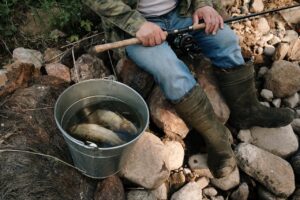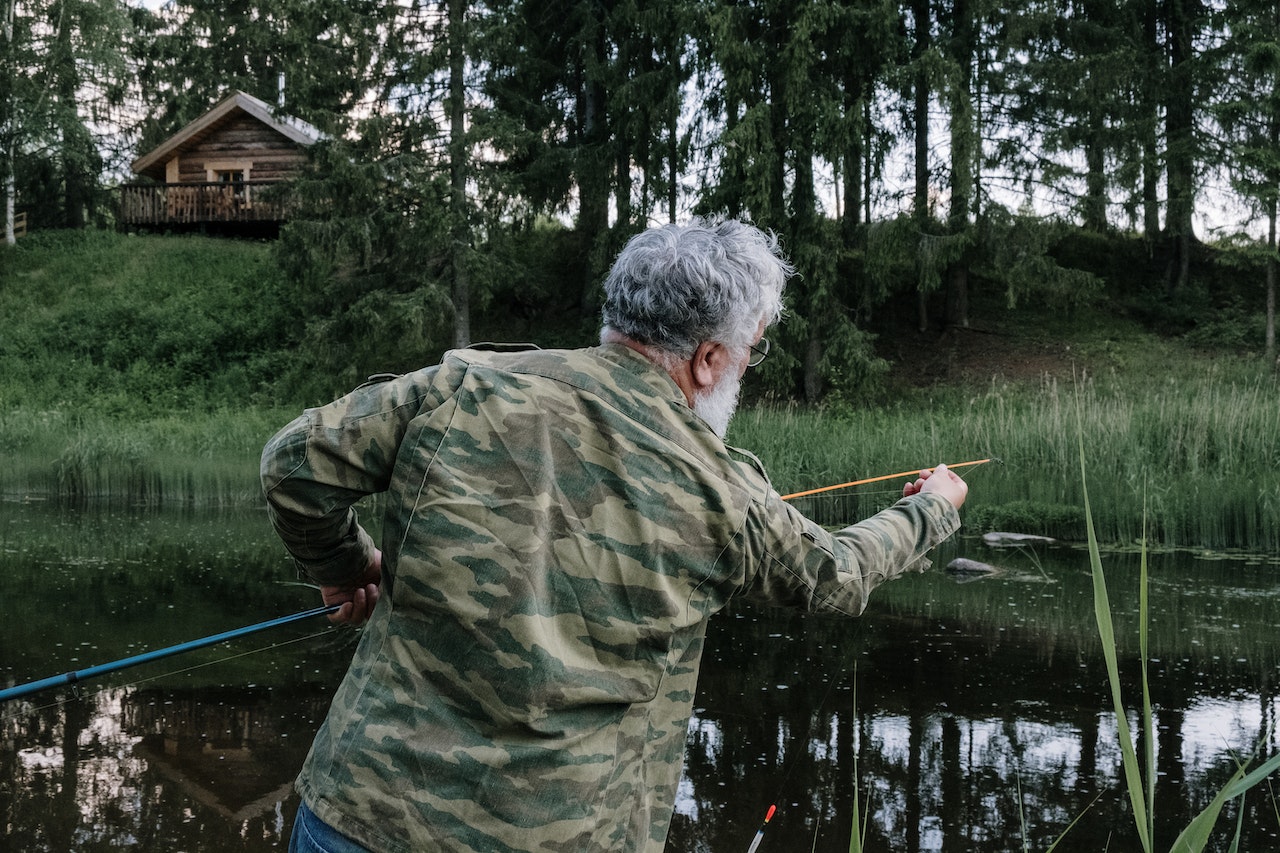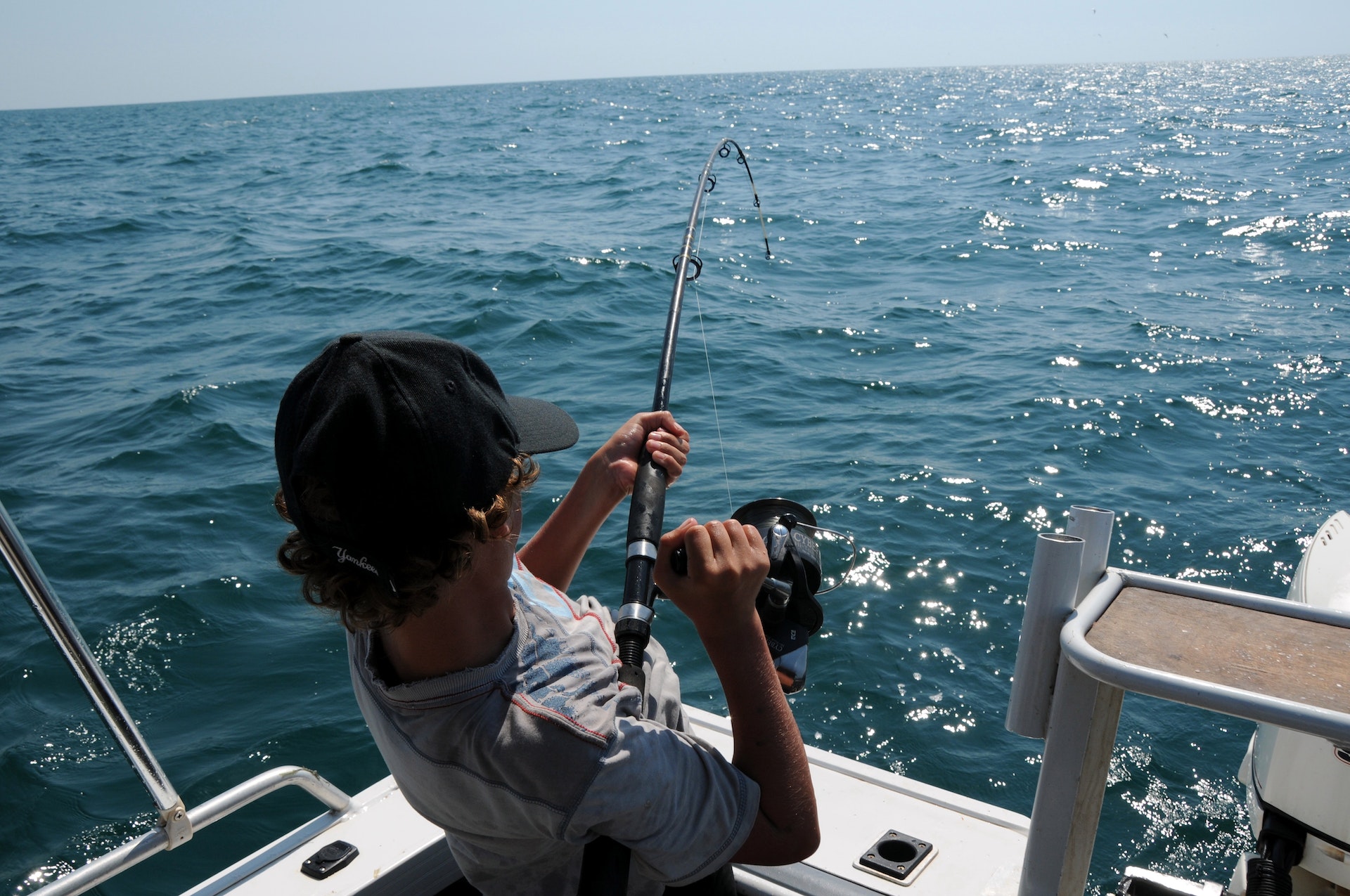Fishing is not just a hobby. It’s a timeless tradition and a way to connect with nature. Anglers, whether novice or experienced, share a passion for the sport and the thrill of the catch. With this privilege, however, comes a responsibility to ensure the sustainability of our aquatic ecosystems. Moreover, the fishing benefits and enjoyment can only be achieved through ethical angling practices. In this article, we’ll explore the importance of fishing ethics and conservation, highlighting responsible angling practices that help preserve our aquatic environments for generations to come.
Respect Catch Limits and Regulations
 Every region has fishing regulations in place to protect fish populations. It’s crucial to know and abide by these rules, including catch limits, size restrictions, and closed seasons. These regulations are carefully crafted to maintain healthy fish populations and protect vulnerable species. Ignoring them not only threatens the balance of our ecosystems but also carries hefty fines and penalties.
Every region has fishing regulations in place to protect fish populations. It’s crucial to know and abide by these rules, including catch limits, size restrictions, and closed seasons. These regulations are carefully crafted to maintain healthy fish populations and protect vulnerable species. Ignoring them not only threatens the balance of our ecosystems but also carries hefty fines and penalties.
Practice Catch and Release
Catch and release is a fundamental conservation practice in fishing. If you don’t intend to keep the fish you catch, handle them with care and release them back into the water promptly. Use proper techniques to minimize stress and injury to the fish. Catch and release helps maintain fish populations and preserves the genetic diversity of fish species.
Handle Fish With Care
When handling fish, wet your hands before touching them to protect their sensitive skin. Use barbless hooks to reduce injury during hook removal. Avoid placing fish on hot surfaces or dry ground, as it can harm their protective slime layer and scales.
Use Circle Hooks
Circle hooks are designed to reduce deep hooking and improve the chances of catching fish in the corner of the mouth, making it easier to release them unharmed. These hooks are particularly useful for catch-and-release fishing.
Dispose of Trash Properly
Pack out all your trash, including used fishing lines, bait containers, and any other debris. Leftover fishing line poses a significant threat to wildlife and aquatic ecosystems. Birds and marine animals can become entangled in the line, leading to injury or death.
Practice Responsible Bait Use
If you use live bait, use only what you need and avoid introducing non-native species into local waters. Dispose of unused live bait properly, and never release non-native species into natural habitats. Using artificial lures or natural bait alternatives also helps minimize the introduction of invasive species.

Choose Sustainable Fishing Practices
Consider using single, barbless hooks and avoid using treble hooks, which can cause more significant harm to fish. Use artificial lures or flies, as they are less likely to injure fish compared to bait with hooks. Additionally, using a fishing net with a knotless mesh helps reduce injury and stress on fish.
In Conclusion
Fishing is not just about catching fish; it’s about forming a connection with the natural world and preserving it for future generations. Responsible angling practices, such as respecting regulations, practicing catch and release, and handling fish with care, play a vital role in conservation efforts. As anglers, we have a responsibility to be stewards of the environment, ensuring that our beloved pastime remains sustainable and that our aquatic ecosystems thrive for years to come. By embracing fishing ethics and conservation, we can enjoy the thrill of angling while also contributing to the well-being of our aquatic world.




